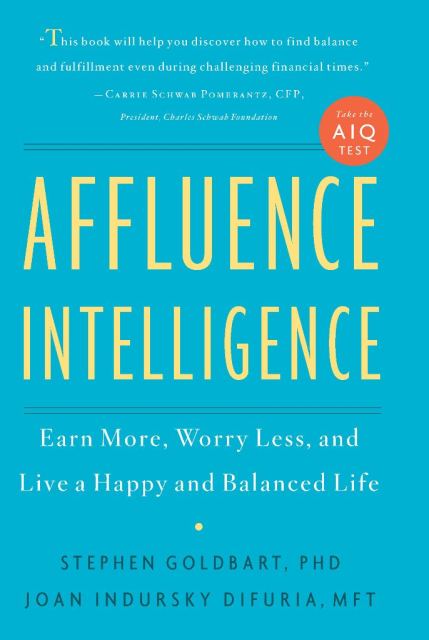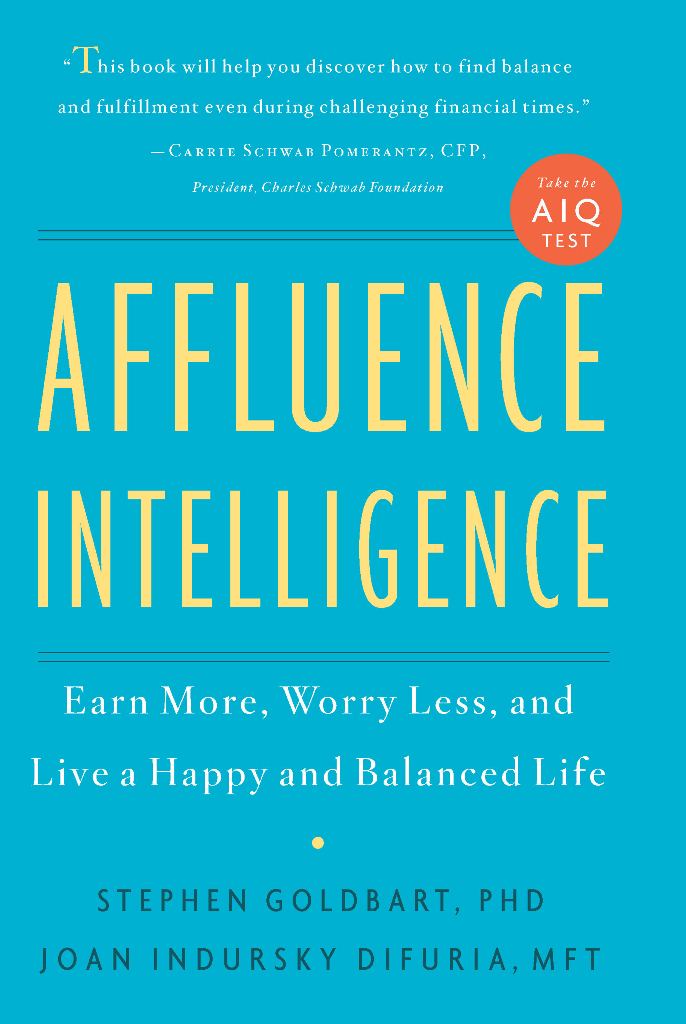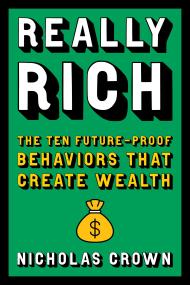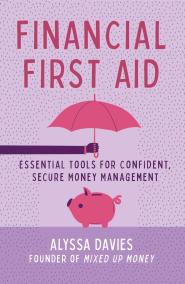By clicking “Accept,” you agree to the use of cookies and similar technologies on your device as set forth in our Cookie Policy and our Privacy Policy. Please note that certain cookies are essential for this website to function properly and do not require user consent to be deployed.
Affluence Intelligence
Earn More, Worry Less, and Live a Happy and Balanced Life
Contributors
By Joan Indursky DiFuria
Formats and Prices
- On Sale
- Oct 25, 2011
- Page Count
- 272 pages
- Publisher
- Balance
- ISBN-13
- 9780738214764
Price
$16.99Price
$21.99 CADFormat
Format:
- ebook $16.99 $21.99 CAD
- Hardcover $36.00 $46.00 CAD
This item is a preorder. Your payment method will be charged immediately, and the product is expected to ship on or around October 25, 2011. This date is subject to change due to shipping delays beyond our control.
Buy from Other Retailers:
The book includes a test to determine your Affluence Intelligence Quotient (AIQ), and a step-by-step program to raise that AIQ in just three months, for more money, more security, and more joy. Affluence Intelligence is for everyone who suspects they are devoting too much time to worrying about finances and too little time to living life.
Newsletter Signup
By clicking ‘Sign Up,’ I acknowledge that I have read and agree to Hachette Book Group’s Privacy Policy and Terms of Use






